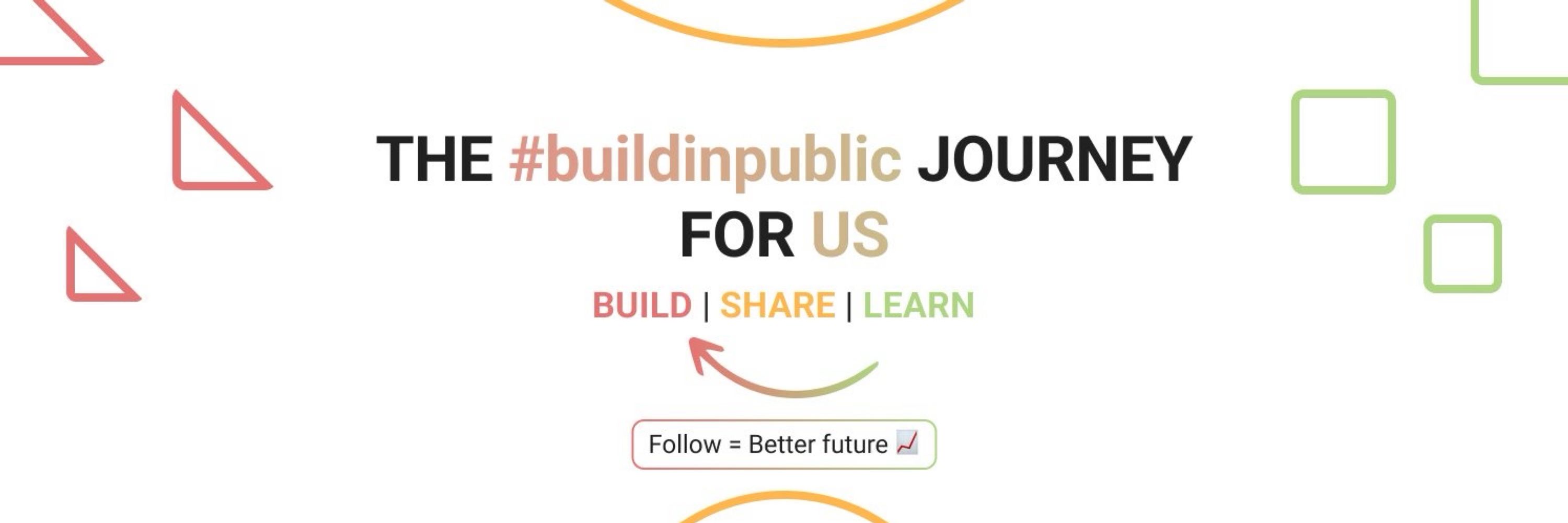
I didn’t realize tempo mattered until I tried different lo-fi beats.
Slower, steady rhythms (around 70 BPM) helped me stay calm and focused longer.
Now I pick playlists with smooth, even tempos for deep work sessions.
I didn’t realize tempo mattered until I tried different lo-fi beats.
Slower, steady rhythms (around 70 BPM) helped me stay calm and focused longer.
Now I pick playlists with smooth, even tempos for deep work sessions.
I use to listen to music with vocals thinking it’d help me focus.
But lyrics actually split your attention.
Now I stick to purely instrumental lo-fi, it keeps me locked in without distractions.
I use to listen to music with vocals thinking it’d help me focus.
But lyrics actually split your attention.
Now I stick to purely instrumental lo-fi, it keeps me locked in without distractions.
I used to blast lo-fi to “feel” productive.
Turns out, lower volumes (~50 dB) improve concentration more.
Now I keep it just loud enough to hear, not loud enough to distract.
I used to blast lo-fi to “feel” productive.
Turns out, lower volumes (~50 dB) improve concentration more.
Now I keep it just loud enough to hear, not loud enough to distract.
At first, I played it as soon as I sat down. Big mistake.
Now, I wait 20–30 mins into a task, then switch it on.
It acts like a second wind. Mental fatigue fades, and I’m back in flow.
At first, I played it as soon as I sat down. Big mistake.
Now, I wait 20–30 mins into a task, then switch it on.
It acts like a second wind. Mental fatigue fades, and I’m back in flow.
I noticed after a few days it stopped working. Turns out, research shows we tune it out if it's too repetitive.
Now I switch between lo-fi, ambient, and nature sounds to keep things fresh.
I noticed after a few days it stopped working. Turns out, research shows we tune it out if it's too repetitive.
Now I switch between lo-fi, ambient, and nature sounds to keep things fresh.

